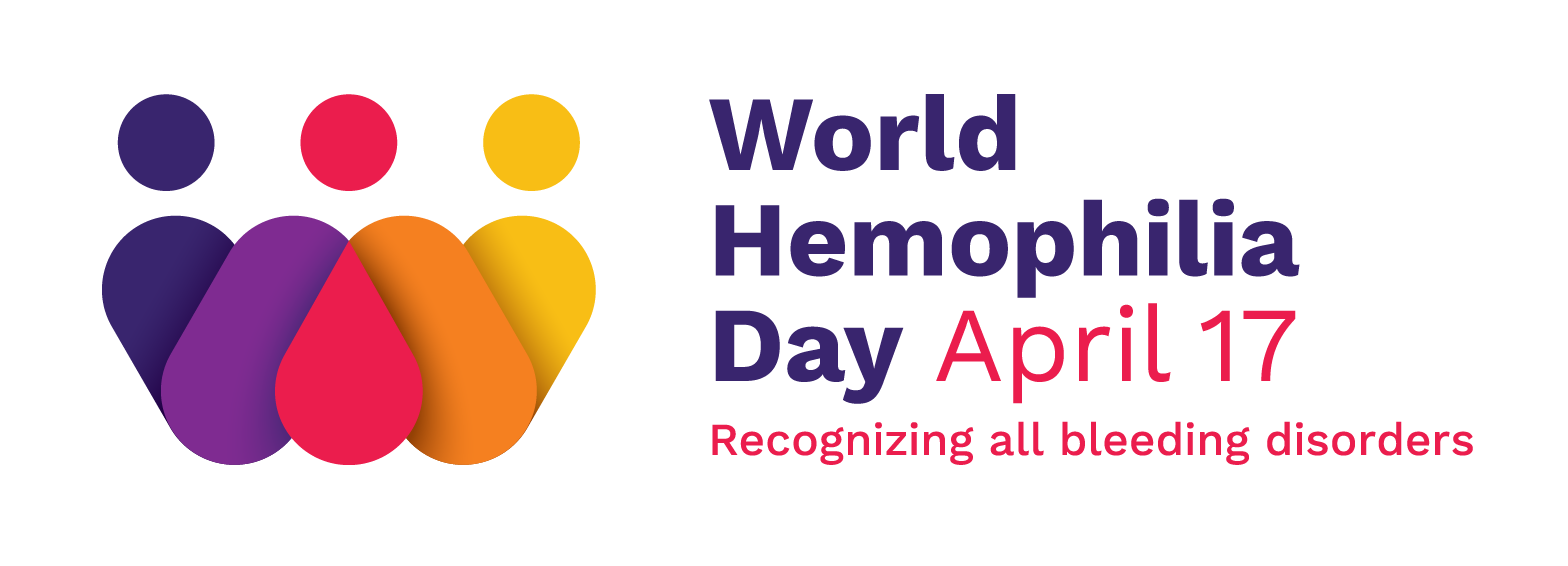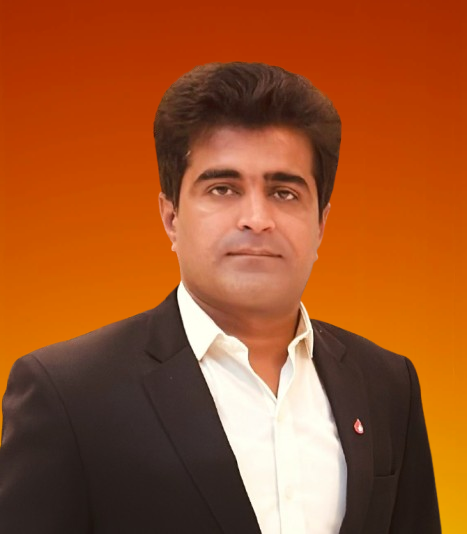Bleeding Disorders in Pakistan: A Struggle for Treatment and Hope
Pakistan’s healthcare system has long overlooked patients with bleeding disorders (PwBDs), leaving them without access to essential treatment. For years, individuals suffering from conditions like hemophilia, von Willebrand disease, rare factors deficiencies etc faced life-threatening complications due to the unavailability of Clotting Factors Concentrates (CFCs) in public sector infirmaries. However, the introduction of the Humanitarian Aid Program (HAP) by the World Federation of Hemophilia (WFH) after 2015 has transformed the landscape for PwBDs in Pakistan.
The WFH-HAP has been a game changer, allowing thousands of PwBDs to live healthier and with more promising lives. Before this initiative, many patients were left helpless, with limited access to even basic medical care. The availability of CFCs through WFH’s humanitarian efforts has enabled patients to experience a quality life which they never had before, reducing disabilities and preventing casualties.
Hemophilia Patients Welfare Society (HPWS) – Peshawar Chapter: A Beacon of Hope
Among the five active HPWS chapters across Pakistan, the Peshawar Chapter plays a crucial role in supporting PwBDs in Khyber Pakhtunkhwa (KP), which is more than 20% of the total registered PWBDs in Pakistan. The Province KP is located in the northwestern region of Pakistan, is known for its diverse cultural, geopolitical and uneven terrain. These geographical factors present unique challenges in healthcare accessibility, especially for women and girls with bleeding disorders (WGBDs).
The HPWS – Peshawar Chapter has been at the forefront of advocating for PwBDs, ensuring access to treatment, raising awareness, providing essential medical aid and most importantly, advocating its Women and Girls groups to speak for the cause. This group is leading by two prominent female with vWD while both having doctoral degrees. Despite the significant progress, the WGBDs are struggling hard to minimise such barriers to improve lives more prosperous and happier. It’s now imperative to provide opportunities for such young and educated WGBDs to participate in multidisciplinary training/educational events to enable them to acquire valuable knowledge and expertise regarding bleeding disorders, which they can subsequently share and implement at the local level, thereby fostering a positive impact within their communities.
As entire World will observe World Hemophilia Day on April 17, 2025, which is the dedicated year to WGBDs, it is essential to acknowledge the ongoing struggles faced by PwBDs while also to celebrate the progress made through initiatives like WFH’s Humanitarian Aid Program. It is time for the government to recognize its responsibility and take concrete steps to provide sustainable treatment solutions for PwBDs across the country.
“Access to treatment is not a privilege; it is a right. On this World Hemophilia Day, let’s commit to vanish gender-biased differences and to ensure healthcare for all, especially for WGBDs who have long been neglected.”
— Umar Khattak

